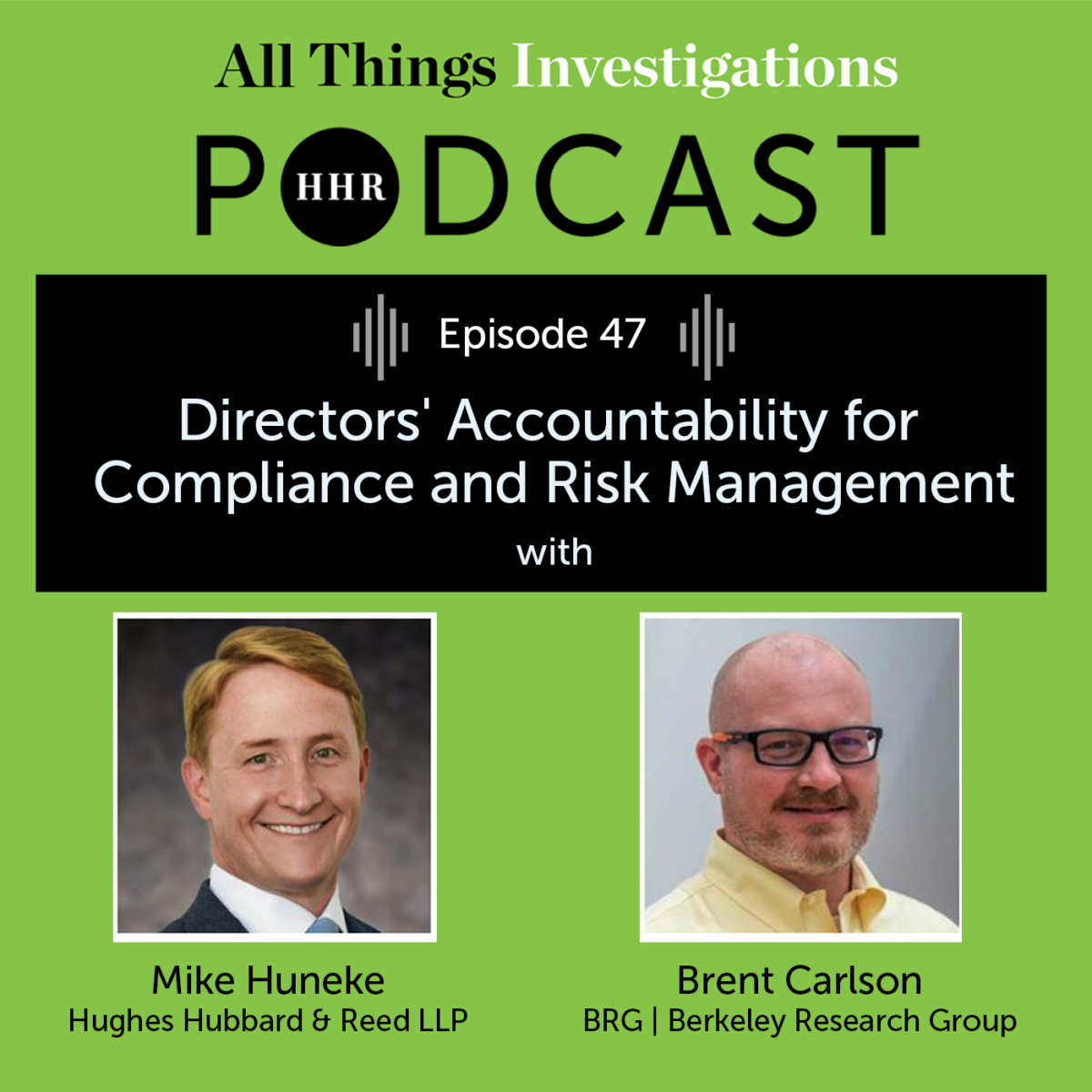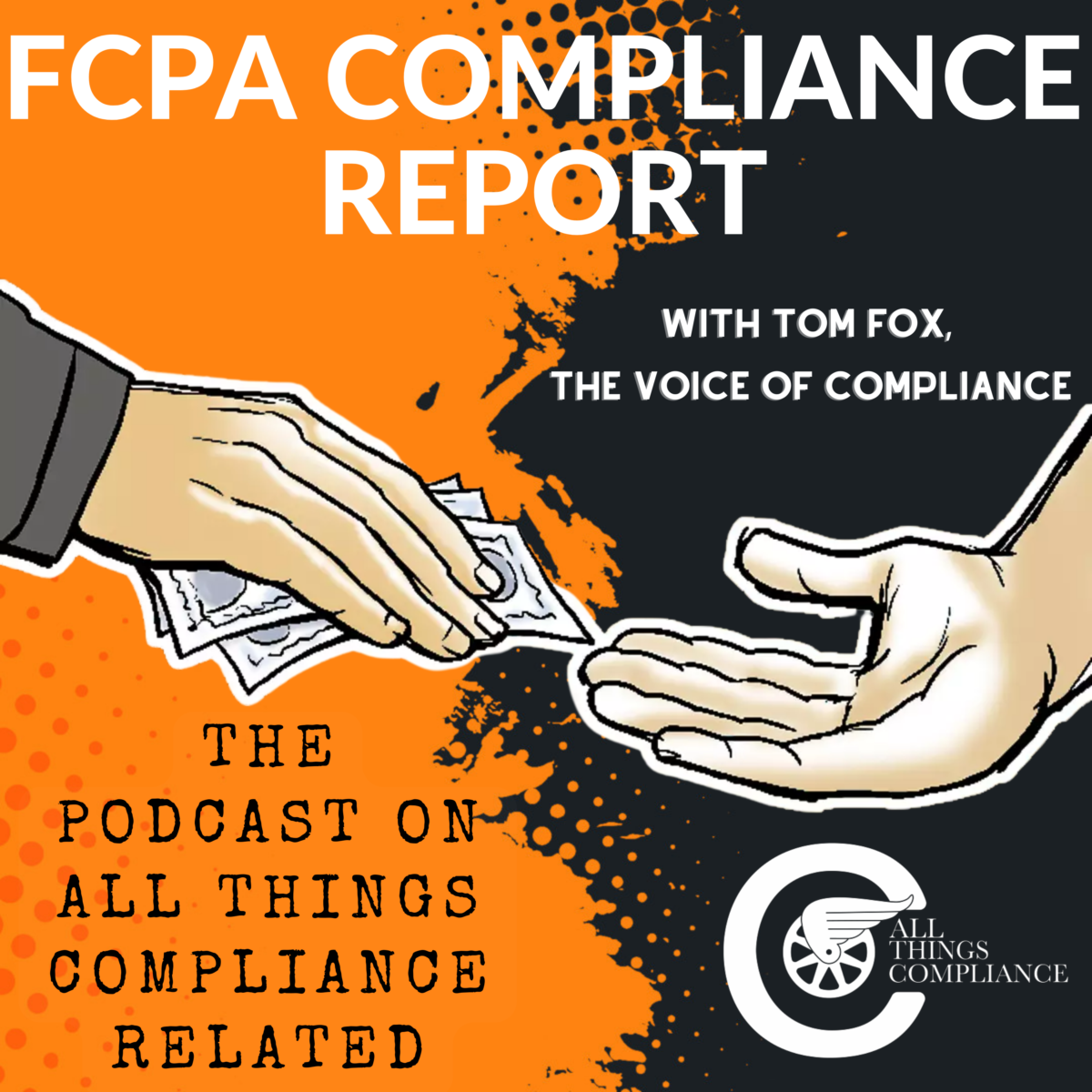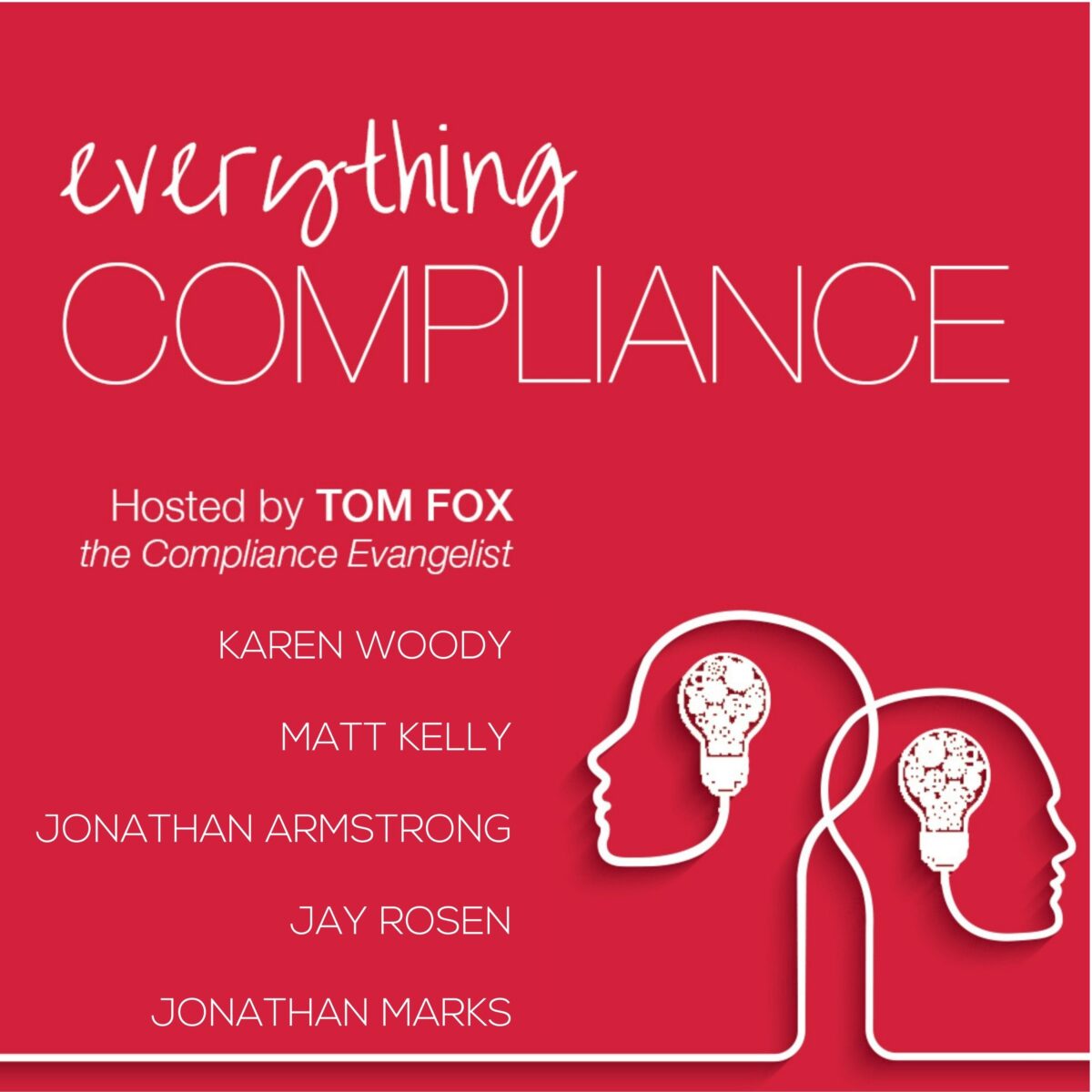Over the past 15 months, the Department of Justice (DOJ) and Securities and Exchange Commission (SEC) have made clear, through three Foreign Corrupt Practices Act (FCPA) enforcement actions and speeches, their priorities in investigations, remediations, and best practices compliance programs. Every compliance professional should study these enforcement actions closely for the lessons learned and direct communications from the DOJ. They should guide not simply your actions should you find yourself in an investigation but also how you should think about priorities.
The three FCPA enforcement actions are ABB from December 2022, Albemarle from November 2023, and SAP from January 2024. Taken together, they point a clear path for the company that finds itself in an investigation, using extensive remediation to avoid monitoring, and provide insight for the compliance professional into what the DOJ expects in a best practices compliance program on an ongoing basis.
Over a series of blog posts, I will lay out what I believe are the Top Ten lessons from these enforcement actions. Today, we begin with Number 1, self-disclosure. The first and most important thing is that a company should self-disclose a potential FCPA violation to the DOJ.
The DOJ expects and will reward self-disclosure above all else. The ABB enforcement action all began with ABB’s putative attempt to self-disclose. ABB set up a meeting where they intended to self-disclose but only set up the meeting without telling the DOJ the reason for the meeting. Unfortunately for ABB, this attempt was unsuccessful, as the South African press broke the story of ABB’s bribery and corruption between the time ABB called to set up a meeting and sat down with the DOJ. Yet the DOJ spent significant time discussing the underlying facts, and it was clear it positively impacted the DOJ.
Kenneth Polite, then Assistant Attorney General, said of ABB’s conduct around this attempt, “Before the meeting, however, a media report drew public attention to the wrongdoing. But because the company could demonstrate intent and efforts to self-disclose before, and without any knowledge of, the media report, the Department weighed both the early detection of the misconduct and the intent to disclose it significantly in ABB’s favor.”
In the Albemarle enforcement action, there was a significant discussion in the NPA around Albemarle’s voluntary self-disclosure to the DOJ. “The disclosure was not “reasonably prompt,” as it was made approximately 16 months ago to the DOJ after initial discovery by the company. This meant the self-disclosure “was not within a reasonably prompt time after becoming aware of the misconduct in Vietnam,” and it means that Albemarle did not meet the standard for voluntary self-disclosure. While the DOJ “gave significant weight” to the company’s voluntary, even if untimely, disclosure of the misconduct, it is certainly cautionary.
Equally interesting was the SAP enforcement action. Although this factor was not present in the SAP enforcement action, the DOJ’s message regarding the DOJ’s expectation of self-disclosure and the obvious and palpable benefits could not be any clearer. Under the Corporate Enforcement Policy, SAP’s failure to self-disclose cost it an opportunity of at least 50% and up to a 75% reduction off the low end of the U.S. Sentencing Guidelines fine range. Its actions as a criminal recidivist resulted in it not receiving a reduction of at least 50% and up to 75% from the low end of the U.S.S.G. fine range but rather at 40% from above the low end. SAP’s failure to self-disclose cost it an estimated $20 million under the Sentencing Guidelines. SAP’s failure to self-disclose and recidivism cost it a potential $94.5 million in discounts under the Corporate Enforcement Policy. The DOJ’s message could not be any clearer.
In addition to these enforcement actions, Kenneth Polite, in a speech announcing changes in the Corporate Enforcement Policy, made clear the importance of self-disclosure in the eyes of the DOJ. “Our existing policy provides that if a company voluntarily self-discloses, fully cooperates, and timely and appropriately remediates, there is a presumption that we will decline to prosecute absent certain aggravating circumstances involving the offense’s seriousness or the offender’s nature. These aggravating circumstances include, but are not limited to, involvement by executive management of the company in the misconduct; a significant profit to the company from the wrongdoing; egregiousness or pervasiveness of the misconduct within the company; or criminal recidivism.” If a company self-discloses, but a criminal resolution is warranted, our existing policy offers 50% off of the low end of the applicable Sentencing Guidelines penalty range.
He re-emphasized this position: “When a company has uncovered criminal misconduct in its operations, the clearest path to avoiding a guilty plea or an indictment is voluntary self-disclosure. It is also the clearest path to the greatest incentives that we offer, such as a declination with disgorgement of profits.” While noting the difficulty of a company deciding to self-disclose, “we are underscoring that a corporation that falls short of our expectations does so at its own risk. Make no mistake – failing to self-report, cooperate, and remediate fully can lead to dire consequences.” [emphasis supplied]
The DOJ could not be clearer. The No. 1 lesson is that you need to self-disclose if you want any of the benefits available.












